Description
Efnisyfirlit
- Cover
- Half-Title
- Endorsements
- Title
- Copyright
- Dedication
- Contents
- Preface
- Acknowledgments
- Author Biographies
- Chapter 1 Past, Present, and Future: The Sociocultural Context for Studying History
- History Involves Multiple Activities and Purposes
- History Helps Us Picture Possible Futures
- History Is about Significant Themes and Questions
- History Is Interpretive
- History Is Explained through Narratives
- History Is More Than Politics
- History Is Controversial
- The Goal of History Education
- Conclusions
- Chapter 2 It’s Not Just a Mishap: The Theory behind Historical Inquiry
- Students Learn When They Construct Meaning
- Purposeful Social Activity Promotes Meaning
- Learning History Involves Inquiry
- Teaching Means Scaffolding
- Assessment Must Be Constructive
- Conclusions
- Chapter 3 There Aren’t a Lot of “For Sure” Facts: Building Communities of Historical Inquiry
- Talking Historically
- Recognizing Perspective and Agency
- The Importance of Questions
- Prior Knowledge
- Imaginative Entry
- Taking Action
- Reflection and Assessment
- Conclusions
- Chapter 4 To Find Out Things We Didn’t Know About Ourselves: Personal Histories
- Asking Historical Questions
- Collecting Historical Information
- Drawing Conclusions and Reflecting on Learning
- English Learners, Newcomers, and History
- Assessing Students’ Learning
- The “History of Me” and Family Diversity
- Extensions
- Conclusions
- Chapter 5 Tell Me About Yourself: Linking Children to the Past through Family Histories
- Connecting Students to Important Historical Themes
- Imaginative Entry: Personalizing History
- Collecting and Interpreting Information
- Supporting Language Development
- Assessment and Feedback
- How Did We Get Here? Linking Students to Larger Narratives
- Family History and Diversity
- Extensions
- Conclusions
- Chapter 6 “I Think Columbus Went to Hell!”: Connections and Controversies in World History
- World History: Comparisons, Interactions, Patterns
- Making Connections
- Start Globally, Connect Locally
- Start Locally, Connect Globally
- Common Experiences and Critical Perspectives in World History
- Controversy and Inquiry
- Assessing History Outcomes
- Conclusions
- Chapter 7 Camel Dies, Lose Three Turns: Scaffolding Inquiry into World History
- Creativity and the Construction of Meaning
- Choices, Connections, Comparisons
- Multiple Forms of Media in the History Classroom
- Developing Language through Active Engagement
- When Objects Are the Primary Sources
- Cooperative Learning and Technology
- Assessment in a Multimedia Environment
- Conclusions
- Chapter 8 Rats in the Hospital: Creating a History Museum
- Imaginative Entry
- Turning Interest into Researchable Questions
- Finding Answers to Questions
- Reaching Conclusions
- Investigating with English Learners
- Assessment and Self-regulated Learning
- Developing an Understanding of Time and Chronology
- Extensions
- Conclusions
- Chapter 9 I Have No Experience with This!: Historical Inquiry in an Integrated Social Studies Setting
- All Questions Are Not Created Equal: Moving beyond the Superficial
- Flexibility Is Essential: Building on Student Discoveries
- Maintaining Focus
- Now, What Does It Mean?
- Time for Reflection and Assessment
- Conclusions
- Chapter 10 Why Isn’t That in the Textbook?: Fiction, Non-fiction, and Historical Thinking
- Selecting Good Narrative History
- Non-fiction and Informational Text
- Finding and Using Literature
- “I Did Not Panic”: Creating Historical Narratives
- Analyzing Students’ Historical Narratives
- Conclusions
- Chapter 11 Oh, Good! We Get to Have…a Reasoned Discussion: Putting Conflict in Context
- Let’s Talk: Preparing for Reasoned Discussion
- It’s Happening Right Now: Starting with Current Events
- What If It Could Have Been Different?
- It Isn’t Finished Yet: You Can Make a Difference
- Assessing Conflict in Context
- Conclusions
- Chapter 12 In My Opinion, It Could Happen Again: How Attitudes and Beliefs Have Changed over Time
- Changes in Names
- Changes in Social Relations
- Choosing Perspective Activities
- Salem Witch Trials
- Long-Term Assessment of Historical Skills
- Extensions
- Conclusions
- Chapter 13 Nosotros La Gente: Honesty and Diversity in U.S. History
- Diversity in U.S. History
- Conflict, Oppression, and Agency
- Making Human Sense of History
- Developing Knowledge
- Supporting Students’ Learning
- Assessing Students’ Knowledge of Historical Content
- Extensions
- Conclusions
- Chapter 14 The Arts Make Us All Part of Humankind: Cognitive Pluralism in History Teaching and Learning
- The Arts Address Significant Historical Questions
- The Arts and Material Objects as Source Material for Historical Study
- Imagining in Your Mind: Learning to Read the Historic Arts
- The Arts as Vehicles for Expressing Historical Understanding
- The Arts as Problem Solving
- The Arts as Intellectual Risk Taking
- Assessment and the Arts
- Conclusions
- References
- Index

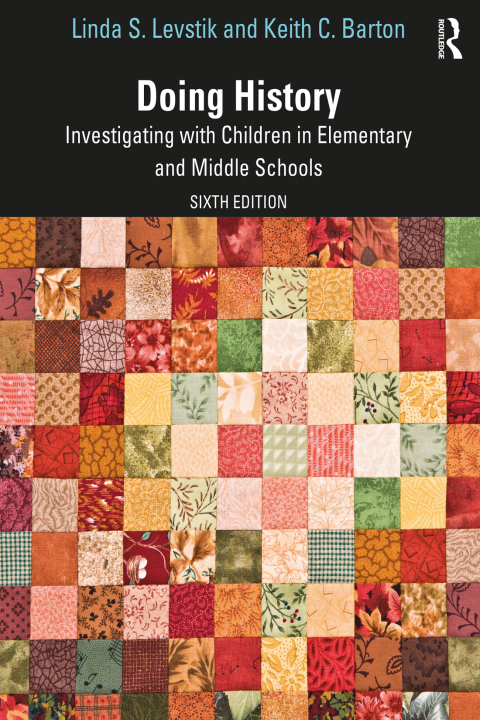
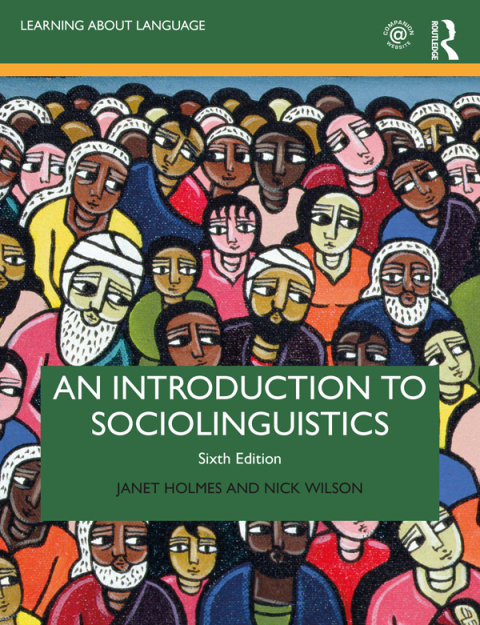
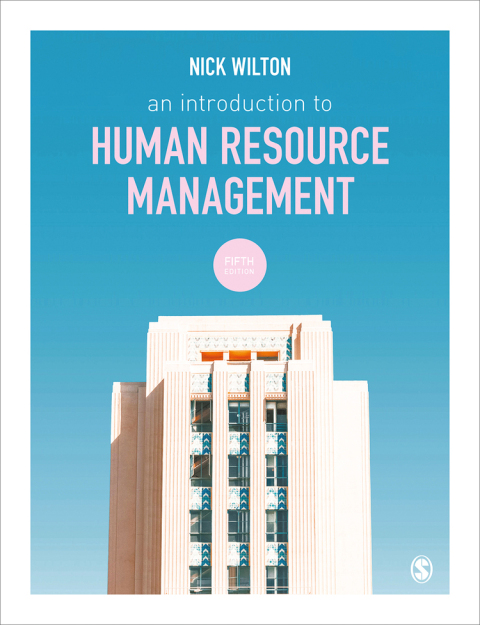
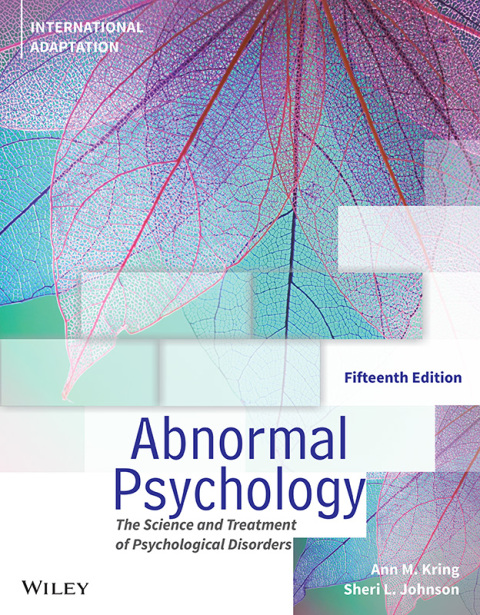
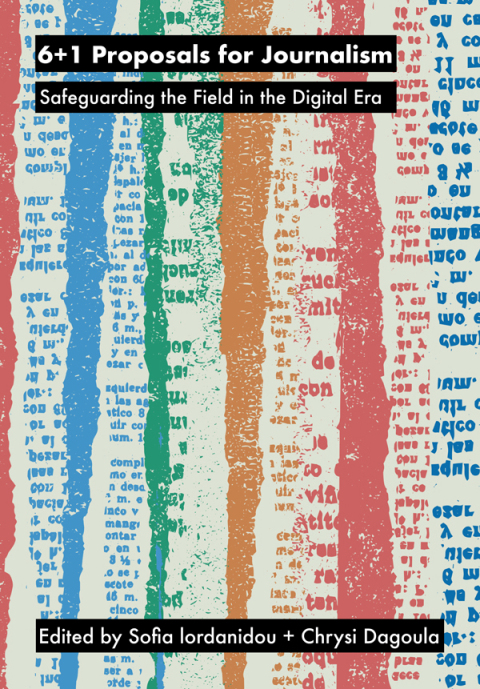

Reviews
There are no reviews yet.